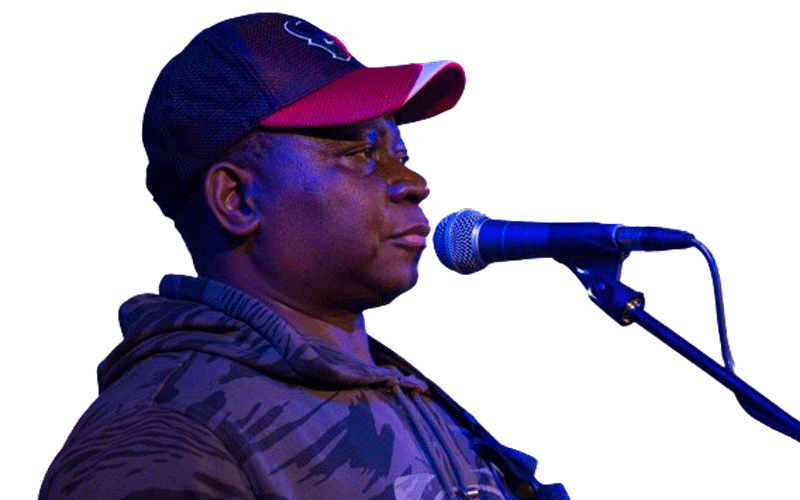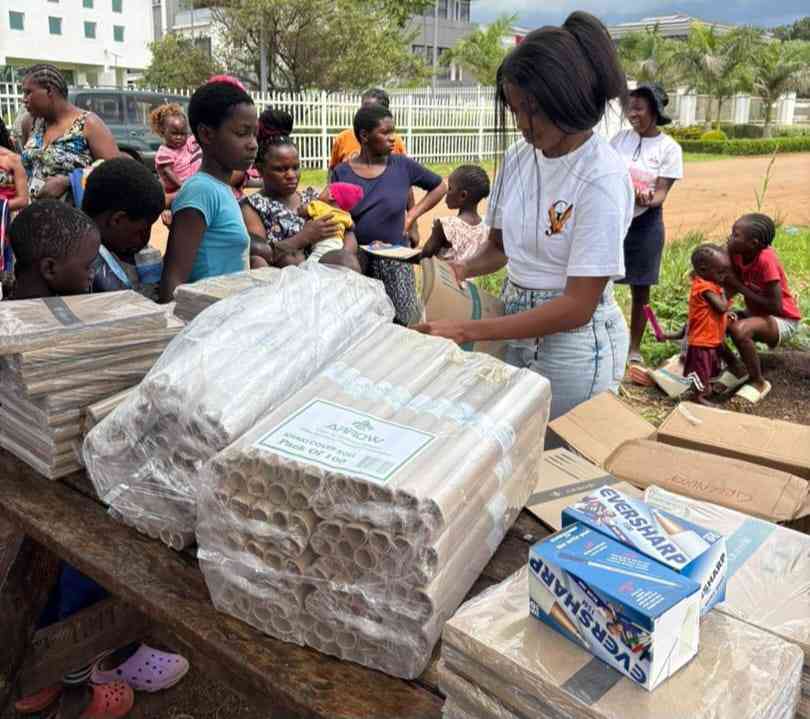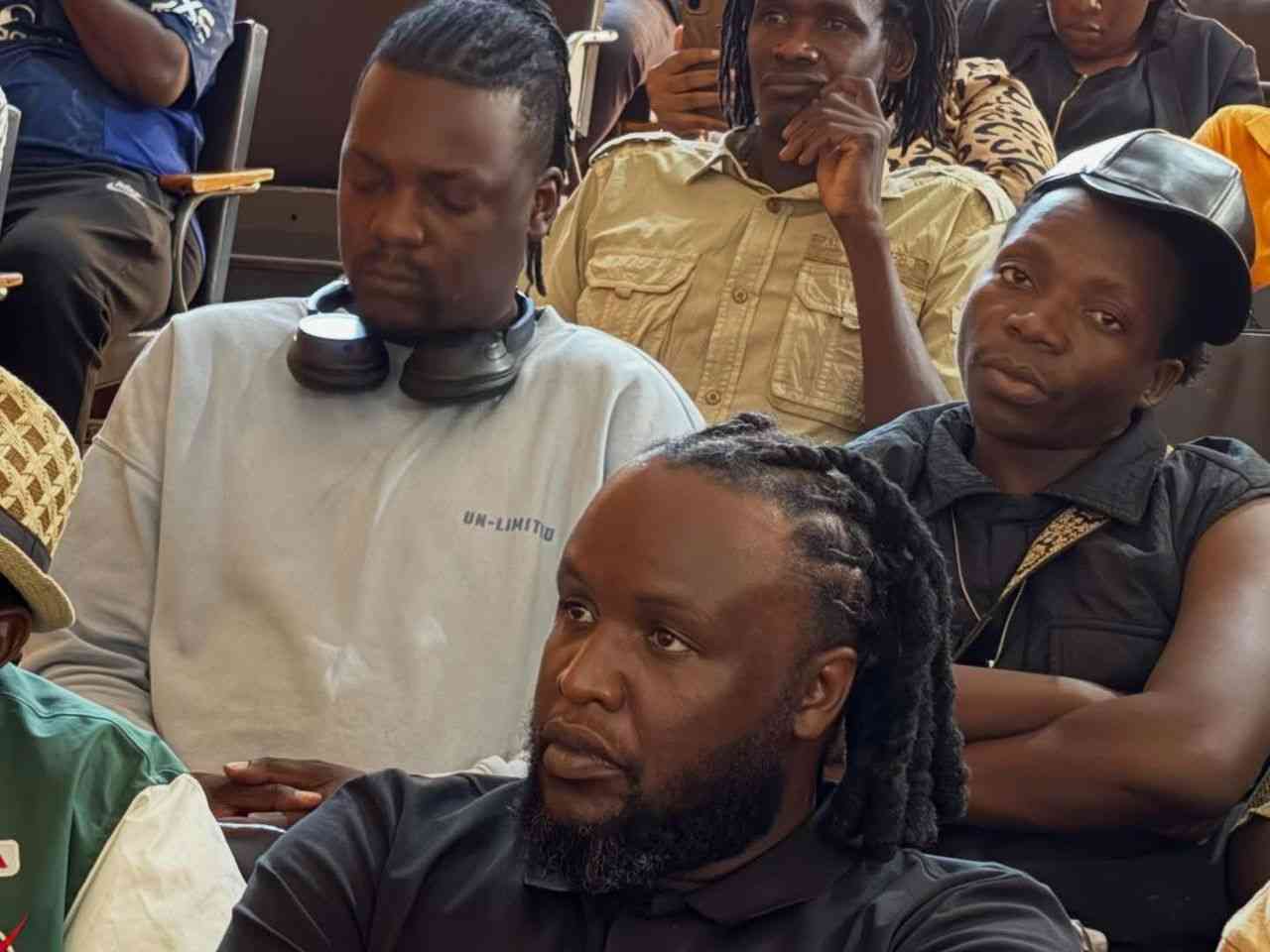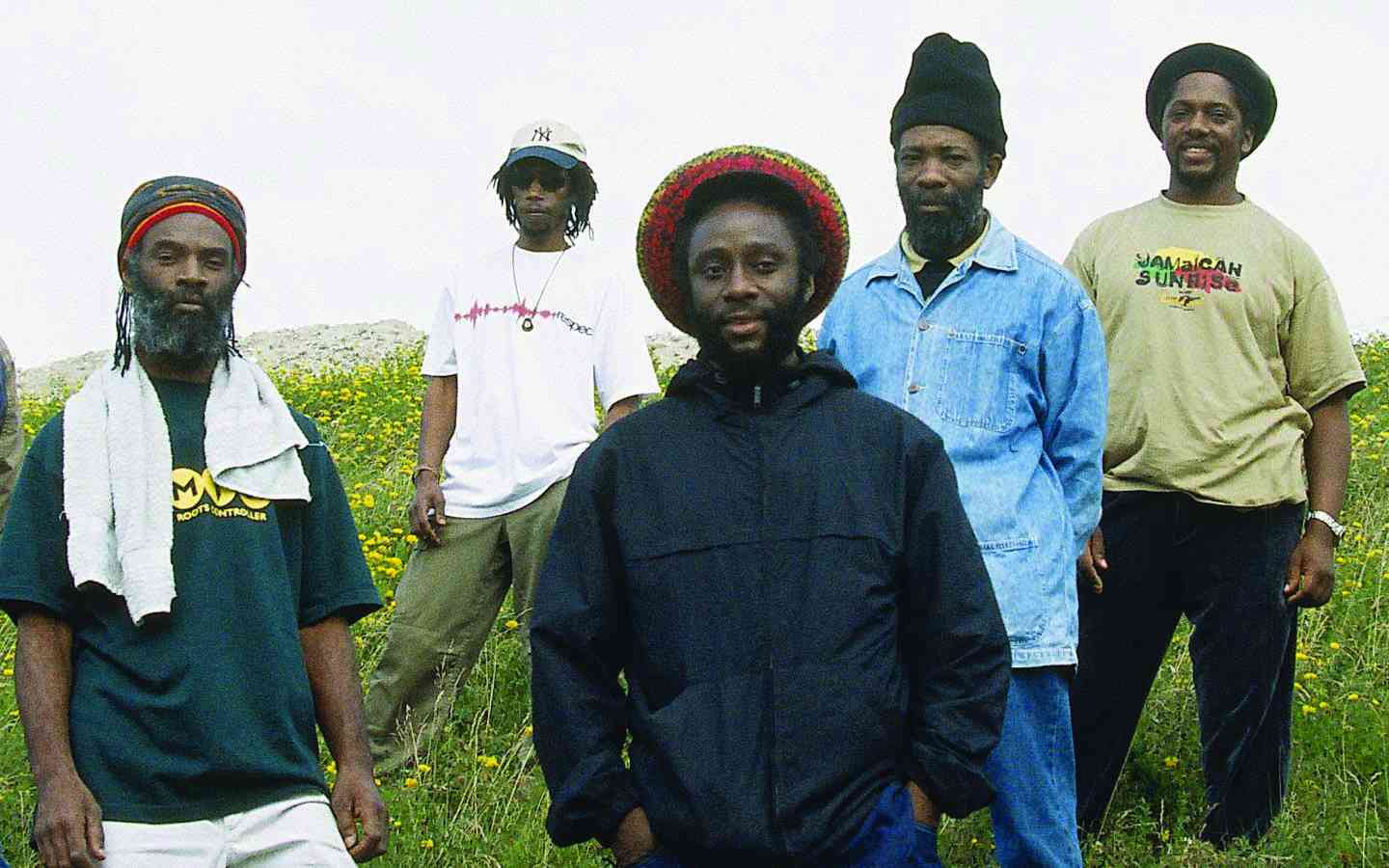
Rise Kagona is one of the surviving members and leader of the Bhundu Boys, a band that put Zimbabwe on the world map in the 1980s. Although there were seven members at first, five of the Bhundu Boys are now dead. These include Biggie Tembo, Washington Kavhayi, Shepherd Munyama, David Mankaba and Shakie Kangwena. The band was responsible for churning out hits such as Simbimbino, Babamunini Francis, Hatisi Tose, Kuroja Chete and Jit Jive. Rise Kagona and drummer, Kenny Chitsvatsva are still alive. I last met Kenny in 2018 in London where he was a minicab driver. It is almost 40 years now since the band took the United Kingdom’s music by storm with their Jit Jive sound.
The band Bhundu Boys is no more but Rise Kagona who is still into music is still alive and kicking.
So, who is Rise Kagona and where is he now?
Rise Kagona is the founding member and an inspirational guitarist of the famous Bhundu Boys band. He was born in Malawi on May 17 1962, and came to Zimbabwe when he was two years old.
Rise Kagona is one of the two surviving members of The Bhundu Boys.
Rise formed the band at Independence in April, 1980 after recruiting four of the above-mentioned members. After independence in 1980 everything changed, and Kagona began playing around the Harare townships, where he met local guitarist Biggie Tembo — who would become the lead singer of the Bhundu Boys. Soon afterwards he met drummer Kenny Chitsvatsva — the only other surviving member of the group. The group performed in Zimbabwe’s townships, beerhalls and at Club Saratoga in Harare's Highfield when they were spotted by Steve Roskilly who owned a recording studio in the capital. With Roskilly, the Bhundu Boys had four number one hits within three years of coming together. Biggie Tembo was the lead vocalist and the driving force behind the band.
The odd circumstance which brought the band international fame began in the mid — 1980s at a squat in a disused hospital at Earl`s Court, London, where Owen Elias, a student at Chelsea College of Art, met Doug Veitch, maverick Scottish guitarist whose supplementary sources of income included driving tube trains and cleaning windows. Using the 2,000 pounds then gifted to new businesses under the Enterprise Allowance Scheme of Britain, Owen and Doug formed a label which they called Discafrique, and left for Harare to look for music artistes. There, Roskilly played them the songs they issued on the EP that would captivate veteran BBC Radio DJs, John Peel and Andy Kershaw.
It was when Elias and Veitch decided to take the band to the UK in 1986 that things became increasingly surreal. Unable to fund a tour, they turned to Gordon Muir, a designer of knitwear brochures who grew up with Veitch in the border town of Hawick. Muir provided the cash and was soon sole manager of the band. Muir got the band bookings on the lucrative student circuit, from which base, with the support of DJs such as Peel, Kershaw and Charlie Gillett, they built a national following.
- In the groove: Is Patrick Mukwamba jinxed?
- In the groove: Is Patrick Mukwamba jinxed?
- In the groove: Why some artistes get big-headed
- Eduitainment mix: The art of cultural diplomacy
Keep Reading
The Bhundu Boys’ first performance in Britain was at the Africa Centre in London’s King Street where Zimbabweans and other African nationals used to gather for social activities every weekend. However, very few of the Africans in the diaspora had heard of them, and also due to poor publicity, attendance at their first gig was very poor to such an extent that they could not afford bed and breakfast accommodation after the first night’s performance.
Although I was not part of the organising team of this outfit, I gave overnight accommodation at my flat to Rise Kagona, Kenny Chitsvatsva and David Mankaba as their manager, Gordon Muir who lived some 450 kilometres away in Scotland which was eight hours drive, found it too far away to travel. Biggie Tembo who refused to spend the night in someone else’s house is the only one who was accommodated at a nearby bed and breakfast place.
Fortunately, the word got around that a Zimbabwean band had arrived in the United Kingdom and the shows that followed after the disaster at the Africa Centre were successful.
At the height of their fame in the mid-1980s, the Bhundu Boys were signed to Warners (WEA). They toured North America, Australia and Hong Kong, chauffeured to venues from luxury hotels. They owned a large house in Kensal Rise, West London. Gordon Muir, their manager, says the advances the five band members received, not including fees from their heavy tour schedule, totalled around 120, 000 British pounds.
The Bhundu Boys’ management team brought the band into prominence.
In 1987, the Bhundu Boys played at Wembley Arena, United Kingdom as a support group for Madonna.
Peel famously described the Bhundu Boys as producing “the most naturally flowing music he had ever heard in his life”.
Andy Kershaw was best man at Biggie Tembo’s wedding in Zimbabwe where Zimbabwean artistes, Oliver Mtukudzi and Newman Chipeni performed.
Due to some misunderstandings among the band members, Biggie Tembo was eventually dismissed from the band.
Kagona agrees that Tembo walked out on the band and had begun to act weirdly. Not long afterwards, Muir adds, Biggie attacked him.
In career terms, Tembo had been promised the earth, had begun to achieve then to have everything snatched away from him was just too much.
With Tembo out of the band, the Bhundu Boys’ fortunes waned rapidly. The group’s prize asset had always been Biggie Tembo, a more complex man than his ever-smiling stage personality suggested, and his departure exacerbated a pattern of aberrant behaviour.
In 1990, the band, with Kagona at the forefront, began a long period of further live appearances, releasing other independent CDs, but started to fall apart. They were dropped from WEA after the commercial failure of their second album on the label. The band continued but without the writing and vocal talents of Tembo, the band never again produced the same reception by the music press or by the public.
According to Rise: “I was the youngest and shortest band member. However, all the Band members respected me because I had a temper, I was determined, back in those days I didn’t talk much, I spoke with my fist. If you had a problem with me, I would ask you to step outside and they knew not to. If you look at guys like Biggie (Tembo) and Kenny (Chitsvatsva), these guys were big, even interviewers would naturally gravitate towards them, assuming one of them was the band leader. That did not faze me because to me it was about the band, the team, as long as I could keep this band together, I was happy.
After the split up, Kagona eventually settled at a farm in Edinburgh, Scotland and formed another group which he called the Jit Jive Band, but without Biggie, this band never rose to the dizzy heights of the Bhundu Boys.
One commentator, Michael Vuta from Zimbabwe who misses the old Bhundu Boys had this to say:
“Dear Rise, it seems as if you have neglected your Bhundu fan base back in the motherland rendering Jit music extinct since the collapse of your brain child Bhundu Boys. Mukoma Rise you are a legend and left a mark globally with this setup. May you please consider a home tour kudzinde kwamakabarirwa kuZimbabwe / where it all began to appease your original spirits to your success”.
We hope Rise is listening.
According to A.A V Amasi, who recently paid Rise a visit, “Rise Kagona now lives in Scotland, doing the odd bit of gigging (still under the Bhundu Boys banner) and supplementing his income by doing ironing at a local charity shop.”
What a way to end for the superstar who has seen it all in showbiz.
Feedback: [email protected]










